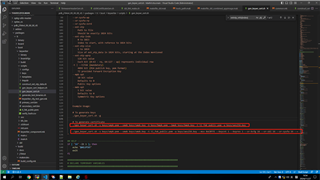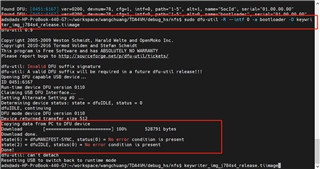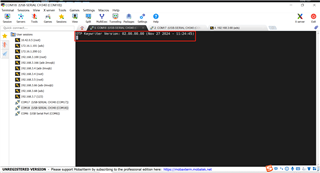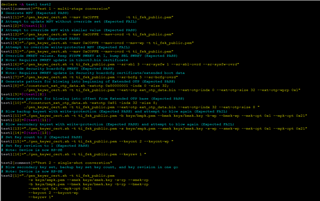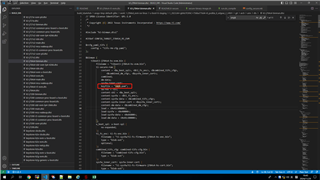Other Parts Discussed in Thread: TDA4VH
Tool/software:
TDA4VH
SDK 0900 linux+freertos
customer board
We want to debug a secure boot, first of all we want to convert our GP board to HS board via keywriter.
However, we know from the keywriter's documentation that "OTP keywriter add-on package" is required, how do we get it


